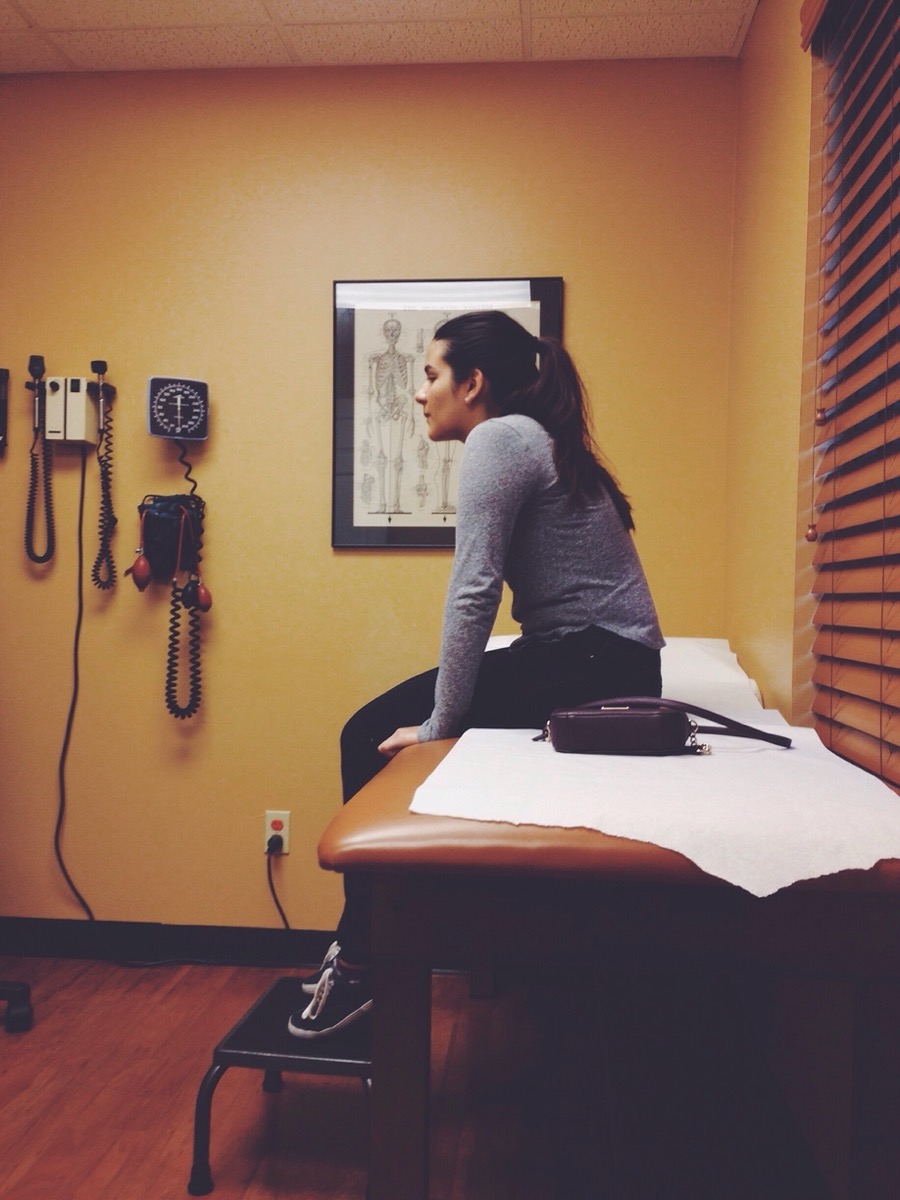
Abortion
Q&A with Dr. Abigail Aiken and Dr. Kari White on the Impact on Texas’s SB.8
A recent NY Times article ‘Most Women Denied Abortions by Texas Law Got Them Another Way’ (3/6/22) highlighted two new studies on the impact of the Texas 6-week abortion ban (SB8) on people seeking abortion care both in Texas and other states. We asked lead researchers, Dr. Abigail Aiken and Dr. Kari White from the University of Texas at Austin, what the most important takeaways from their findings were for state legislators.
What do the data you analyzed tell us about both the impact of extreme anti-abortion laws (like SB8) in the state the passes the law and surrounding states? How does this type of legislation impact people’s understanding of what care is available?
KW: SB 8 has not reduced Texans’ need for abortion care. Instead, it has forced thousands of pregnant people to undertake long-distance trips to reach abortion facilities in other states. Those who have been able to travel have experienced incredible burdens and have had to forego the emotional, logistical–and even medical–support that could be found closer to home. The law has also affected abortion services beyond Texas’ borders, increasing strain on facilities in other states – and making care more difficult to obtain for residents of those states. (Read detailed findings in the Texas Policy Evaluation Project’s research brief)
AA: We analyzed requests to Aid Access (an online telemedicine service that provides self-managed abortion abortion using pills to people in the US) for self-managed abortion using pills before and after SB 8 was enacted and we found that requests from people in Texas tripled from an average of 10 to 30 requests per day. Our findings show that the impact of SB 8 was to increase the need for self-managed abortion in Texas as people found themselves beyond the 6-week limit and unable or unwilling to access care out-of-state. We also noticed a bump up in requests as SB 8 was moving through the legislative process, and in particular when it was passed by the House. People were very likely afraid at that point that SB 8 would be enacted before the September 1st implementation date or they assumed that passage by both chambers meant the law had gone into effect.
How can state legislators in Texas and other states use these findings?
AA: The most important take-away for legislators in Texas and other states is that placing legislative restrictions on in-clinic abortion does not reduce or change people’s need for abortion care. Rather, it prompts them to find other ways to access the care they need. We have seen this time and again in other countries (Ireland being a recent prominent example) and in the days before Roe. Additionally, while very few states have laws against self-managed abortion, there have been instances of unjust prosecution and criminalization, and these have disproportionately involved people with low incomes and people of color.
KW: Essential reproductive health care services, including abortion, should be affordable and available in people’s communities. This would require repealing laws that are not evidence based and that contribute to – or exacerbate – racial/ethnic, income and geographic disparities in reproductive health access and outcomes and supporting measures that ensure that all people can obtain timely care – no matter what decision they make about continuing a pregnancy.
Please reach out to fran@stateinnovation.org with any research questions or requests.